Science & Technology
/Knowledge
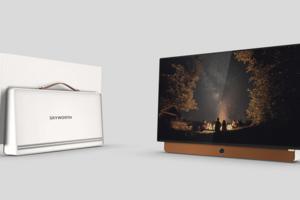
Sound Advice: QLED TV bargains and travel-ready displays
Q. A few months ago you gave an ecstatic review of a $1,000 75-inch TV. Could you tell me what brand, model, etc., and where I can see one in person?
—E.T., Minneapolis
A. You are referring to the TCL Q6 QLED 4K Smart TV, which uses the Google TV operating system. I did not review the entire TV but mentioned it had the best TV tuner I had ...Read more
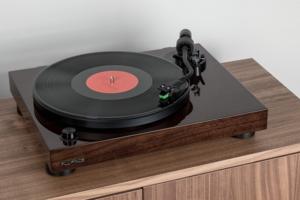
Sound Advice: Buying turntables, selling speakers and sonic toothbrush follow-up
Q. I am looking for a decent stand-alone record player for our living room cabinet, preferably one that has its own internal speakers. I also have a Bose TV Speaker on the cabinet that we can use with the turntable. I am considering the $249 Fluance RT81 turntable. Do you have any other recommendations between $200-$500?
—R., Coon Rapids, ...Read more
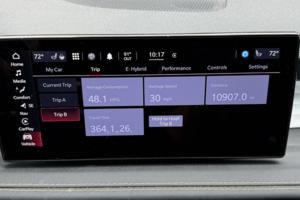
Sound Advice: Kicking the tires on Alfa hybrid vehicle
Q. I was entertained to see you were reviewing the Alfa Romeo Tonale plug-in hybrid SUV. As a long-time Alfa 164 owner, I was hoping to hear how the trial turned out. As a Chevy Volt owner, I was curious about whether an Alfa could approach the Volt's incredible drivetrain (acknowledging that many other aspects of the Volt are terrible.)
—M.W...Read more
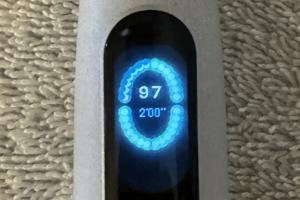
Sound Advice: A sonic toothbrush worth brushing up on
Q. I’ve enjoyed the TLOVII sonic toothbrush you recommended years ago, but replacement brush heads are getting hard to find and I think I’m ready to try something new anyway. Any recommendations?
—T.B., Beaver, Pennsylvania
A. I'll start with a sheepish admission. I recently had a cleaning and checkup but it had been over two years since...Read more
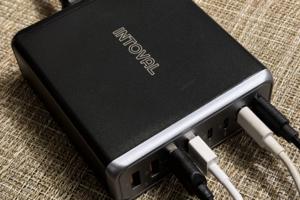
Sound Advice: USB charger recommendation and guidance for TV setup
Q. I saw your article about the multiport USB charger and I'd like to purchase one. It was impossible to find and Amazon does not know when it will be in stock. Can you update your readers please?
—C.P., Milwaukee
A. I mentioned last week that I was looking for an alternative to the ZVOX earbuds that sold out so quickly, and over the past ...Read more
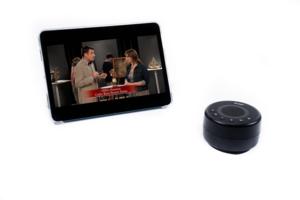
Sound Advice: A speaker discount, stereo cleaning tips and quality concert earplugs
Q. Thanks for recommending the $19.99 ZVOX AV30 earbuds on closeout. I ordered them after reading your article and greatly enjoyed them while on vacation. Upon returning home I looked to order another pair for my wife, but found they were unavailable from either ZVOX or Amazon. (I had ordered mine directly from ZVOX.)
With the AV30s ...Read more
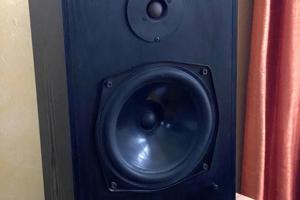
Sound Advice: These speaker brands can be good thrift store finds
Q. Bouncing off the thrift store finds column, could you post a list of speaker brands to look for when thrift store/garage sale hunting? As a “not an audiophile” musician, I know there are quality brands I have never heard of.
—J.B., Concord, California
A. You are exactly right about quality speaker brands. The very best speakers tend ...Read more
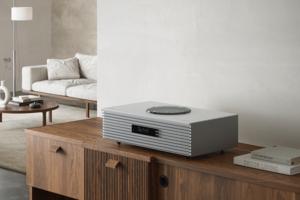
Sound Advice: Budget, luxury options to replace Bose Wave radio
Q. Our beloved Bose Wave radio has developed several issues to the point we can't use it anymore. The few places I've seen online that (allegedly) repair Bose radios charge an exorbitant price, so that's not an option.
Can you recommend a tabletop radio model that has good reception and sound quality comparable to the Bose? Bass and treble ...Read more
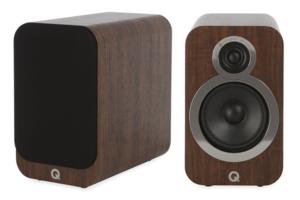
Sound Advice: Waterproof phone protection and thrifty audio equipment finds
AiRunTech Waterproof Case: Just in time for summer fun, here is a great way to protect your phone around the water for less than $10.
One of my very favorite places to visit is the Cabana Bay Beach Resort at Universal Orlando, a hotel themed as a midcentury seaside resort from the 1950s and '60s. One of the highlights of Cabana Bay is a ...Read more
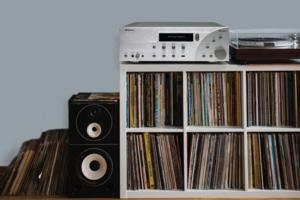
Sound Advice: Stereo receiver recommendation and remembering an audio industry great
Q. The Cambridge Evo 75 you mentioned last week looks compelling, but I already have a streamer (a Cambridge model, in fact) and my budget is much less than $2,000. What can you recommend for about half that? I have Ohm MicroWalsh Tall speakers and was using a Marantz NR1504 receiver (now dead) in stereo mode. I will be playing CDs and using my ...Read more
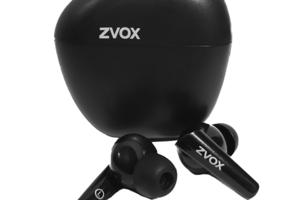
Sound Advice: Bargain earbuds, record cleaner improvements and new amplifiers
Noise-canceling true wireless earbuds for $19.99: ZVOX is well-known for their sound bars with AccuVoice, which makes television dialogue easier to understand. They have also made headphones and earbuds that combine active noise cancellation and AccuVoice. The headphones are in their second generation, evolving from the AV50 to AV52 model, but ...Read more
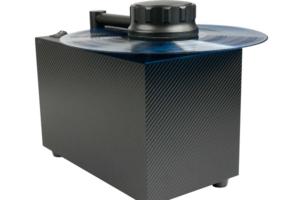
Sound Advice: Caring for Record Store Day finds and cultivating vintage aesthetic
Record Store Day: Record Store Day was last month, and over the next few weeks I will be recommending some great products to help you get the most from your used and new vinyl purchases.
Kicking things off is the Record Doctor X vacuum record cleaning machine. I used a nonmotorized, single-side vacuum Record Doctor for many years. I later moved...Read more
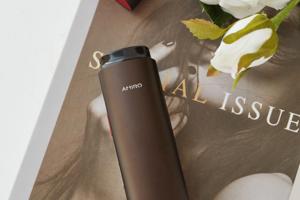
Sound Advice: Warming up to RF skin tightening and good amplifier-speaker combos
Q. I have seen you write about RF skin tightening before. Is there a certain age you should start or stop using it? What do you recommend?
—L.L., Kansas City, Missouri
A. RF skin tightening machines use radio-frequency energy to heat underneath the surface of the skin, stimulating the production of collagen and elastin to tighten sagging ...Read more





